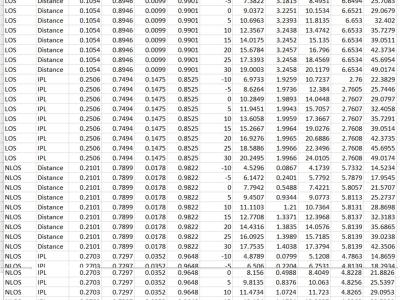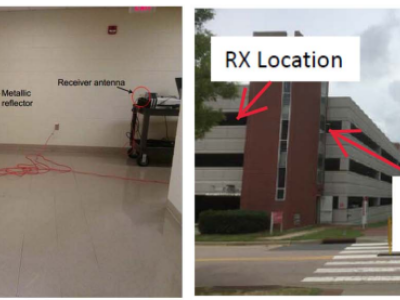
This letter presents a random forest regression (RFR)-based adaptive power allocation (APA) scheme to predict an optimized power factor for user's fair access to data rate in a downlink mmWave non-orthogonal multiple access systems. Notably, the proposed APA scheme learns from the sum rates dataset associated with both distance and inverse pathloss (power factor optimization) models to predict optimized power factors with respect to average value approach.
- Categories:


